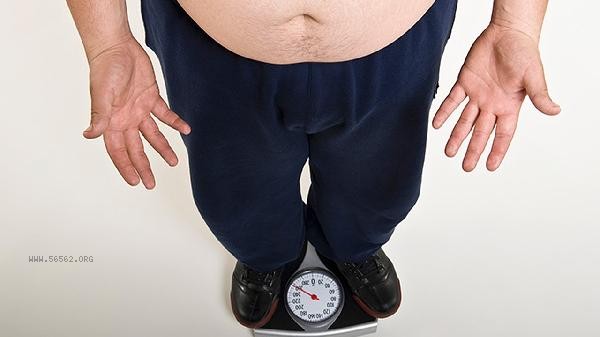Obesity caused by slow metabolism is not recommended to take medication for rapid weight loss. Adjusting diet structure and increasing exercise are safer and more effective ways. Metabolic problems may be caused by factors such as hypothyroidism, insulin resistance, chronic stress, etc. It is necessary to seek medical attention to identify the cause and receive targeted treatment.

1. Thyroid hormone drugs
Levothyroxine sodium is a commonly used medication for treating hypothyroidism, which can improve metabolic rate decline caused by insufficient thyroid hormones. Before use, it is necessary to confirm thyroid function abnormalities through blood tests and strictly follow medical advice to adjust the dosage. Overdosing may lead to risks such as palpitations and osteoporosis.
II. Biguanide hypoglycemic drugs
Metformin hydrochloride is suitable for obese patients with insulin resistance, which can improve glucose metabolism and mildly suppress appetite. Common adverse reactions include gastrointestinal discomfort and contraindications for those with renal dysfunction. This medication needs to be combined with dietary control to achieve weight loss effects.
III. GLP-1 receptor agonists
Liraglutide and other drugs work by delaying gastric emptying and regulating the appetite center, and are suitable for metabolic syndrome patients with a BMI greater than 27. Subcutaneous injection is required for use, which may cause side effects such as nausea and vomiting. It is contraindicated for individuals with a history of pancreatitis.

Fourth, central appetite suppressants
and drugs such as phenytoin hydrochloride are used as short-term adjuvant therapy for severe obesity, reducing hunger by affecting neurotransmitters. May cause reactions such as insomnia, dry mouth, and increased heart rate, and is addictive. The usage cycle usually does not exceed 12 weeks.
5. Digestive enzyme inhibitor
Orlistat reduces calorie intake by blocking fat absorption, making it suitable for people with a high-fat diet that is difficult to control. May cause fat diarrhea and fat soluble vitamin deficiency, requiring a low-fat diet and vitamin supplementation. The fundamental way to improve metabolism is to establish a healthy lifestyle. Ensuring 7 hours of high-quality sleep daily helps with leptin secretion, and engaging in 150 minutes of moderate intensity exercise per week can enhance muscle metabolic activity. Increasing the intake of high-quality protein and dietary fiber in the diet can produce a food heat effect. It is recommended to record diet and exercise, and if necessary, adopt an energy limited balanced diet under the guidance of a nutritionist to avoid blind use of weight loss drugs and health risks.










Comments (0)
Leave a Comment
No comments yet
Be the first to share your thoughts!